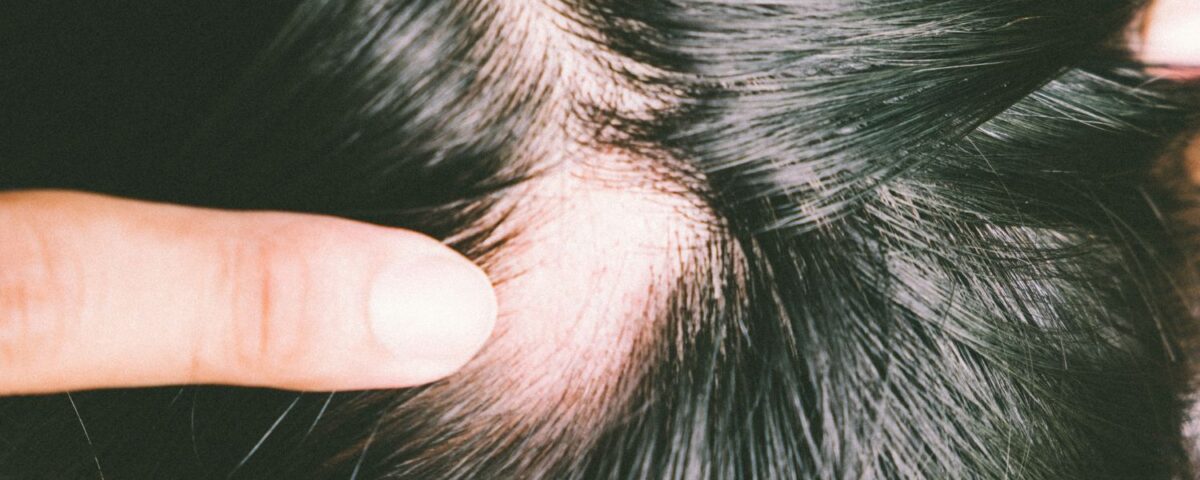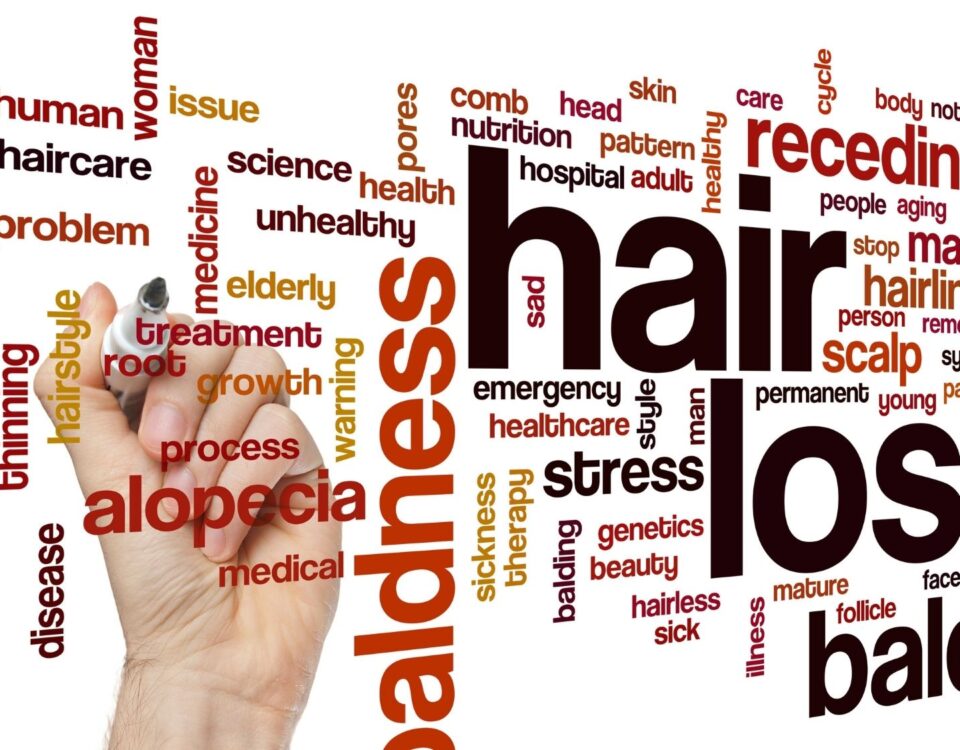
Beyond the Surface: Exploring the Genetic Roots of Hair Loss
March 18, 2024
Reclaiming Confidence: Exploring the World of Hair Replacement Systems
March 18, 2024Alopecia Areata is an autoimmune condition that manifests as sudden hair loss in localized patches on the scalp or body. This condition occurs when the immune system mistakenly attacks the hair follicles, leading to their shrinkage and disruption of the hair growth cycle. The sudden and unpredictable nature of Alopecia Areata hair loss can be a distressing experience for those affected.
Understanding Alopecia Areata
Alopecia Areata is a form of hair loss that is often sudden and unexpected. It is characterised by round, patchy areas of hair loss on the scalp, although it can also affect other parts of the body. Unlike other types of hair loss, the follicles are not permanently damaged, and hair may regrow in time.
Immune System Dysfunction
The primary cause of Alopecia Areata is a malfunction in the immune system. In a healthy body, the immune system serves to protect against foreign intruders like bacteria and viruses. However, in the case of Alopecia Areata, the immune system mistakenly identifies hair follicles as a threat and attacks them. This leads to inflammation and disrupts the hair growth cycle, causing hair to fall out.
Triggers and Risk Factors
Potential triggers and risk factors for Alopecia Areata include genetic predisposition, environmental factors, and stress. Individuals with a family history of autoimmune diseases are at a higher risk of developing the condition. Environmental stressors, such as exposure to certain chemicals or extreme weather conditions, can also play a role. Additionally, periods of intense emotional or physical stress can trigger an episode of hair loss.
Impact on Mental Health
Alopecia Areata can have a profound impact on an individual’s mental health. The sudden change in appearance can cause distress, anxiety, and lower self-esteem. It’s vital for individuals to seek psychological support to help cope with these challenges. Support groups, therapy, and self-care techniques can all be beneficial.
Treatment Options
There are several treatment options available for Alopecia Areata, including topical medications, corticosteroid injections, and immunotherapy. More recently, JAK inhibitors have shown promise as a potential treatment. While these treatments can promote hair regrowth, it’s important to note that they do not cure the condition or prevent future episodes of hair loss.
In conclusion, Alopecia Areata hair loss is a complex condition with various triggers and risk factors. It not only affects physical health but also has significant psychological impacts. Understanding the condition, its causes, and available treatments can empower individuals to manage their condition and seek the support they need.




